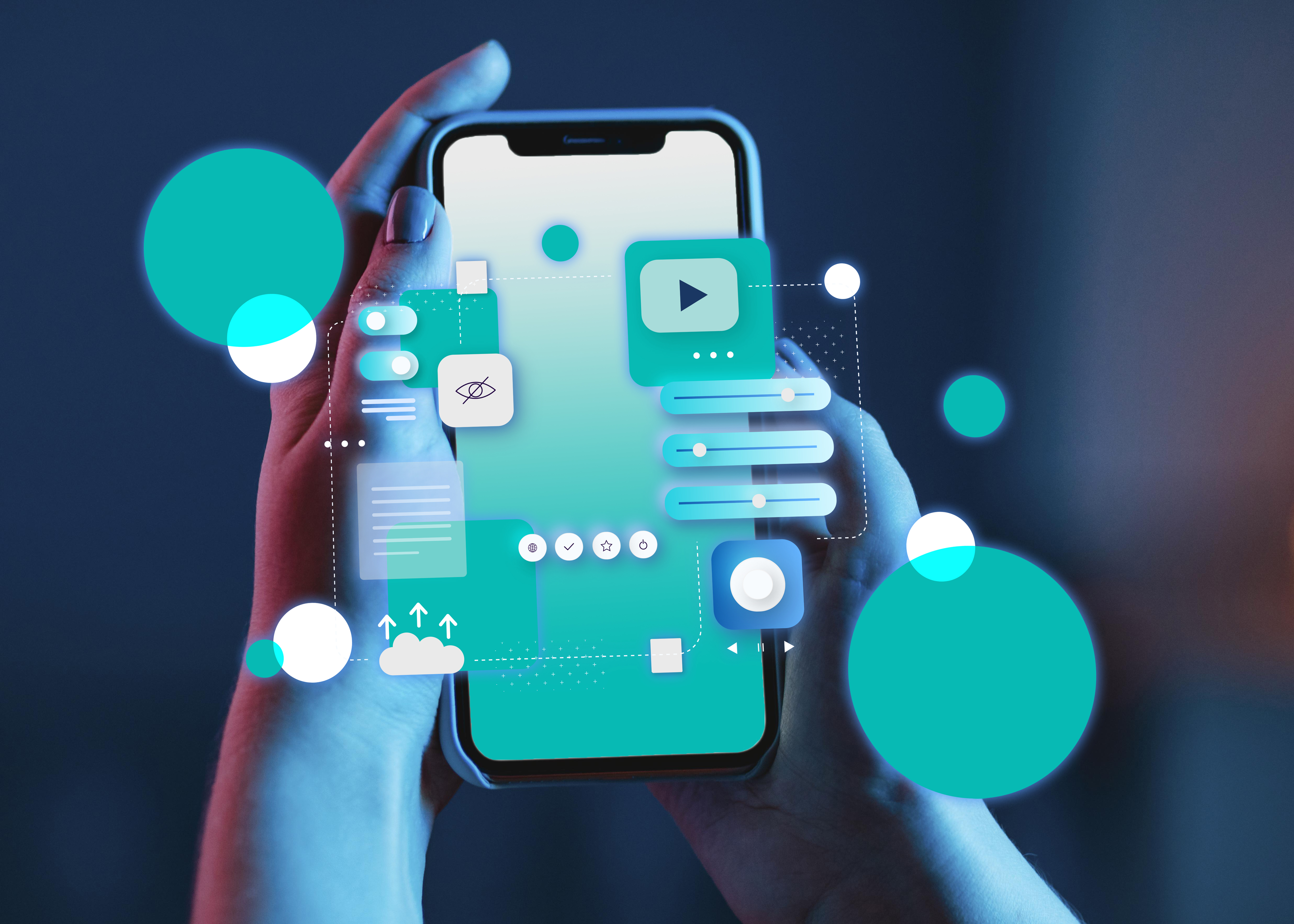
The integration of AI in mobile app development has opened new possibilities for personalization, automation, and smarter user experiences. Businesses and developers are increasingly relying on AI development to create apps that think, learn, and adapt to users’ needs.
1. Personalized User Experiences
One of the most important benefits of using AI in mobile apps is personalization. Traditional apps often provide the same interface and content to all users, but AI-powered apps can analyze user data—such as behavior, preferences, and location—to deliver customized experiences. For example, streaming apps like Netflix or Spotify use AI algorithms to recommend shows or songs based on your listening and viewing history.
This level of personalization not only increases user satisfaction but also boosts engagement and retention rates. In mobile app development, personalization is now a key strategy to stand out in a competitive market.
2. Smarter Chatbots and Virtual Assistants
AI development has made chatbots and virtual assistants more intelligent and conversational. Apps integrated with AI-based chatbots can understand natural language, respond to customer queries instantly, and provide 24/7 assistance. Tools like Google Assistant, Siri, and Alexa demonstrate how powerful AI-driven interaction can be.
In mobile apps for e-commerce or customer service, chatbots improve efficiency by reducing the workload on human agents and ensuring users receive immediate support. Moreover, they continuously learn from user interactions, making future responses even more accurate.
3. Predictive Analytics for Better Decision-Making
AI’s ability to process and analyze massive amounts of data allows mobile apps to predict user behavior and make data-driven decisions. Predictive analytics is a growing trend in mobile app development because it helps businesses understand what users want before they even ask for it.
For example, a fitness app can predict when a user is likely to skip a workout and send motivational reminders. Similarly, a retail app can recommend products based on browsing patterns and purchase history. Predictive analytics not only enhances the user experience but also drives sales and customer loyalty.
4. Enhanced Security and Fraud Detection
Security is a major concern in mobile applications, especially those handling sensitive data like banking or healthcare apps. AI can strengthen security through facial recognition, voice identification, and behavior analysis. These technologies make it harder for unauthorized users to access the app.
AI-powered systems can also detect unusual activities, such as fraudulent transactions or suspicious login attempts, and alert the user immediately. By learning from past data, AI systems can continuously improve their ability to detect and prevent security threats. This makes AI development an essential part of creating secure and reliable mobile apps.
5. Automation and Improved Efficiency
AI enables automation in mobile app operations, which saves time and reduces manual errors. Developers can use AI tools to automate tasks like testing, bug detection, and user feedback analysis. This speeds up the mobile app development process while maintaining high quality.
For example, AI can automatically test different versions of an app interface to determine which design performs best among users. This not only improves productivity but also helps developers focus on innovation rather than repetitive tasks.
6. Voice and Image Recognition
AI-driven voice and image recognition technologies are transforming how users interact with mobile apps. Voice commands allow users to perform actions hands-free, while image recognition helps identify objects, scan documents, or even diagnose health issues.
Apps like Google Lens or Face ID use these technologies to deliver smarter and more intuitive user experiences. In sectors like healthcare, education, and retail, such capabilities make apps more interactive and user-friendly.
7. Continuous Learning and Adaptation
The most exciting part of AI in mobile apps is that it doesn’t stop improving. Through machine learning and deep learning techniques, apps can continuously analyze user behavior and adapt accordingly. This dynamic learning process ensures that the app becomes more intelligent over time, offering improved recommendations, faster responses, and better accuracy.
Conclusion
Artificial Intelligence is revolutionizing the way we use and build mobile applications. From personalized experiences and predictive analytics to enhanced security and automation, the benefits of AI in mobile app development are vast and impactful. Businesses that embrace AI development are not only improving their app performance but also gaining a competitive edge in a rapidly evolving digital market.
As technology continues to advance, AI will become an even more essential component of mobile app innovation. The future of mobile app development lies in creating intelligent, adaptive, and user-centric solutions powered by AI — bringing smarter apps into the hands of users worldwide.













